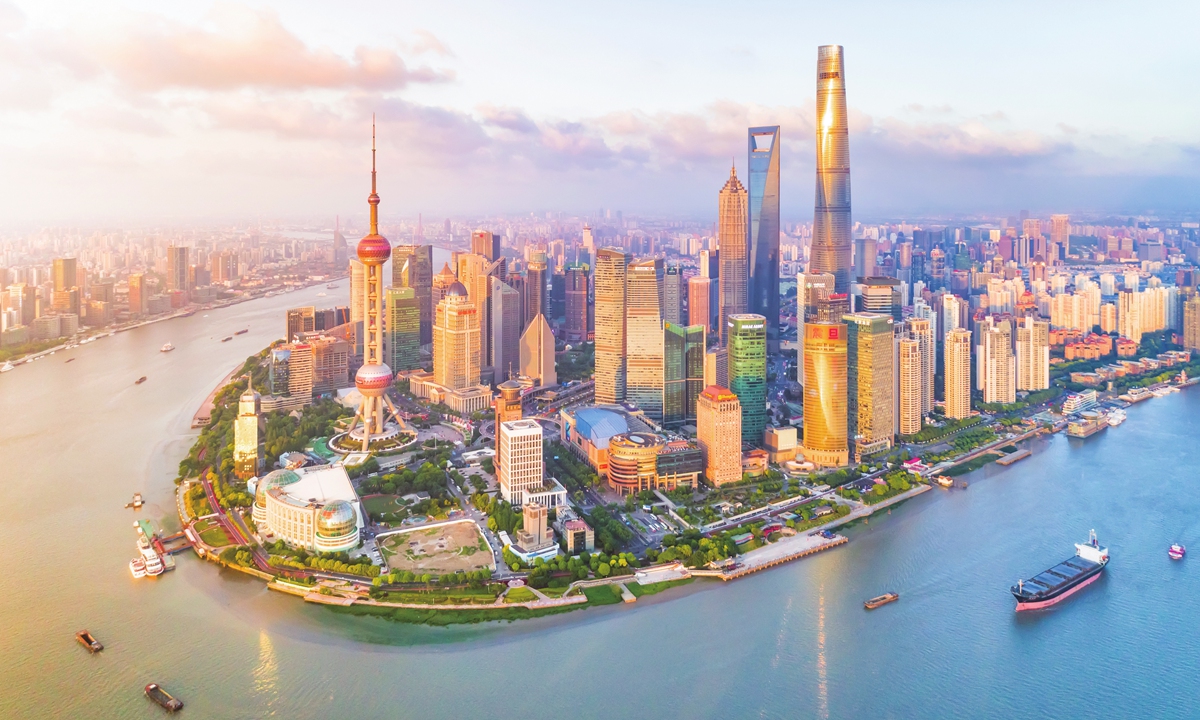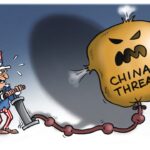General secretary of the Communist Party of China (CPC) Central Committee Xi Jinping emphasized on Monday afternoon that the CPC Central Committee always unswervingly consolidates and develops the public sector, and unswervingly encourages, supports and guides the development of the non-public sector when visiting national political advisors from the China National Democratic Construction Association and the All-China Federation of Industry and Commerce, who are attending the first session of the 14th National Committee of the Chinese People’s Political Consultative Conference. The CPC Central Committee always maintains that the non-public sector’s status and functions in the country’s economic and social development have not changed, the principle and policies to unswervingly encourage, support and guide the development of the sector have not changed, and the principle and policies to provide a sound environment and more opportunities to the sector have not changed, Xi said. He also noted that the CPC Central Committee always believes that private enterprises and entrepreneurs “belong to our own family.”
This year’s Government Work Report also proposes to accelerate efforts to build a unified national market, develop a high-standard market system, and work to create a market-oriented and law-based business environment in keeping with international standards. These are a clear and strong signal sent not only to private enterprises at home, but also to the whole world that China’s business environment will only get better. To borrow a commonly used phrase, this is a “morale booster.” Private enterprises and foreign companies in China can be at ease, explore and develop the Chinese market without any concerns. And the rewards will be generous.
In the Doing Business ranking released by the World Bank, China rose from 78th place in 2017 to 31st in 2019, surpassing France and ranking among the top 10 global economies with the fastest business environment reform pace for two consecutive years. The World Bank did not continue to release this ranking in the past two years, but is preparing to launch the Business Enabling Environment report this year. Last week, the American Chamber of Commerce in South China released the 2023 White Paper on the Business Environment in China, which showed that China is still the most favored destination for corporate investment, with more than 90 percent of surveyed companies considering China as one of their most important investment destinations. China’s business environment is also reflected in the choices of foreign companies, which increased their direct investment in China last year despite the difficulties caused by the epidemic and other unexpected factors. Foreign direct investment in China is expected to achieve double-digit growth this year.
A new development is that although China’s business environment is continuously improving and the Chinese government is firmly committed to this, China seems to be facing more doubts, smears, and attacks internationally than before. This abnormal phenomenon should alert all market entities. Lack of composure can easily lead one to fall into others’ traps, and once a major misjudgment is made, the losses will be huge. It is not difficult to see that some US and Western media outlets intentionally distort and smear China’s related efforts in an attempt to badmouth China and interfere with the development of enterprises in China. Such public opinion is largely resonating with Washington’s suppression of China.
With China’s business environment as the target and promoting “decoupling” as the goal, Washington is launching a new round of psychological warfare against foreign enterprises in China and Chinese private enterprises. The US aims to amplify some normal complaints from foreign enterprises in China and distort them into denial and criticism of China’s overall business environment. In other words, it wants to discredit China’s business environment in the public opinion field and disrupt the minds of market participants. At the same time, Washington is also aggressively restricting and suppressing foreign enterprises in China through executive orders or domestic legislation. According to a report by US media on March 6, the Biden administration is preparing a new program that could prohibit US investment in certain sectors in China. Washington has had no psychological burden in engaging in such anti-market behavior.
The construction and shaping of a business environment is a gradual process, and given that China has only been practicing a market economy for around 30 years, it is inevitable that there are still immature and imperfect aspects. However, enterprises always hope the business environment is getting “better and better.” When some policies that regulate the market are first introduced, they may cause some discomfort, but after a period of adaptation, they will provide enterprises with greater development space, more support and protection. We oppose malicious slander, but we will not generalize about external criticisms. Instead, we will approach them rationally with the principle of making amendments where necessary.
China’s high-quality development requires the business environment to keep up with the times, and all levels of government have a full understanding of this. This year, in their first meeting after the Spring Festival holidays, many places in China sounded the horn of boosting the economy. The No.1 document issued in many places, such as Shanghai, emphasized optimizing the business environment and employing zero tolerance for actions that harm it. These practical actions and their achievements will crush all unfounded rumors and smears. The continuous optimization of China’s business environment will further stimulate market vitality and social creativity, promote the development and growth of various market entities, and promote the achievement of high-quality development. This is not only related to China’s future, but also beneficial to the prosperity of the world.













